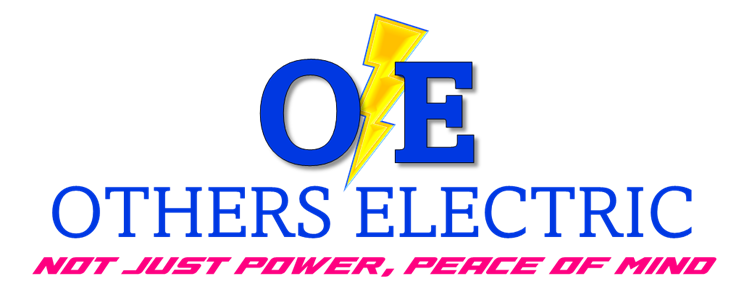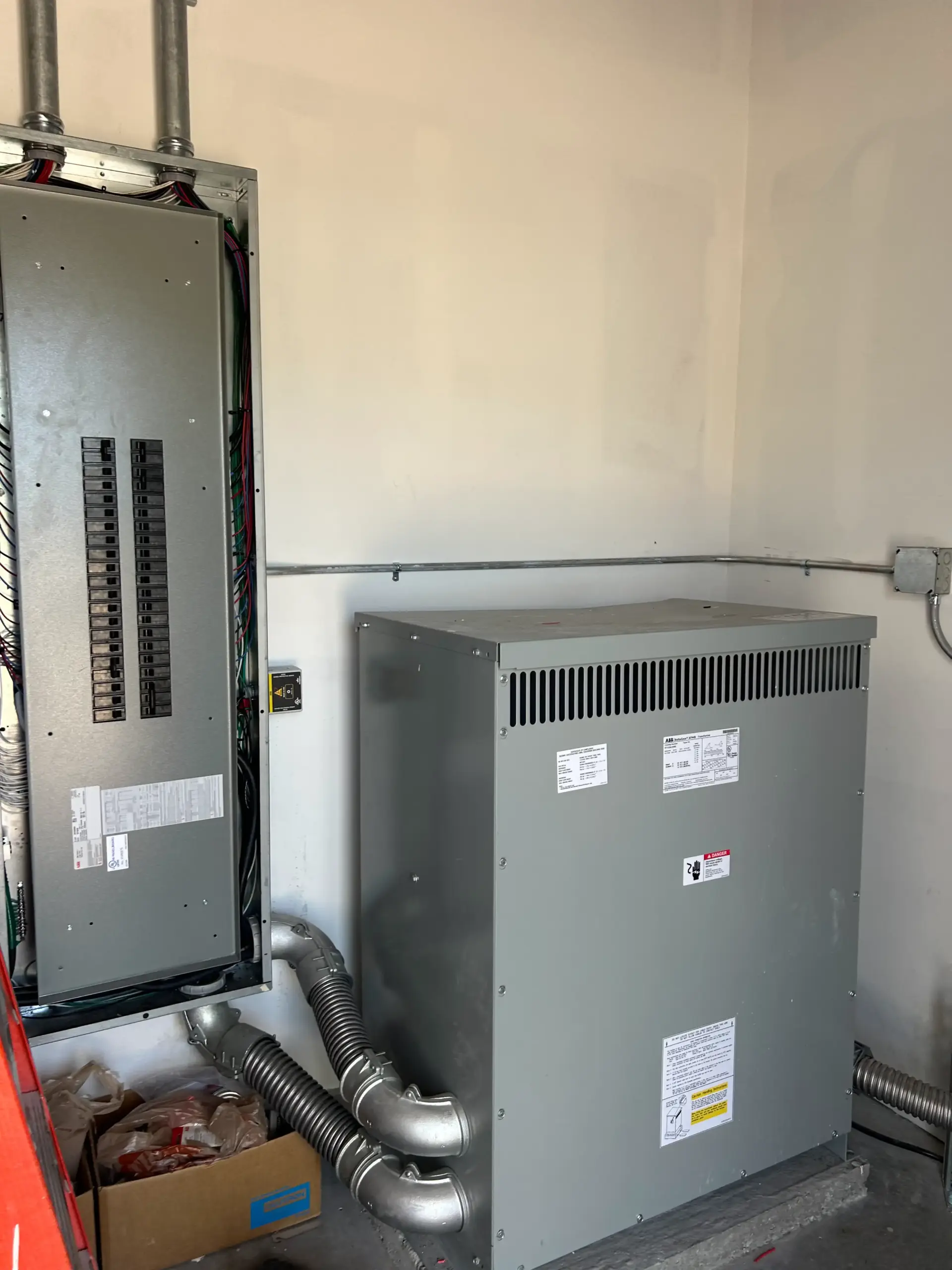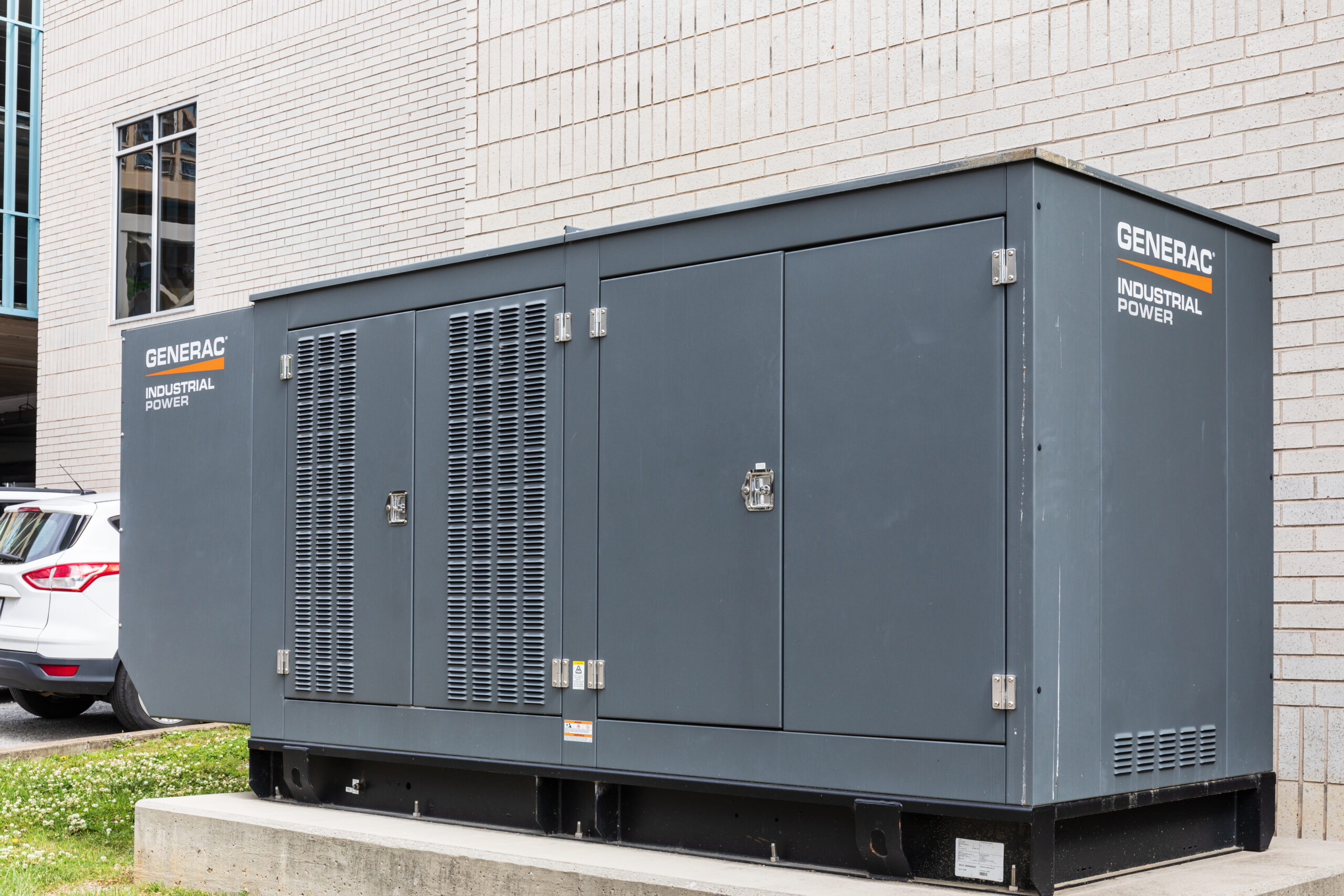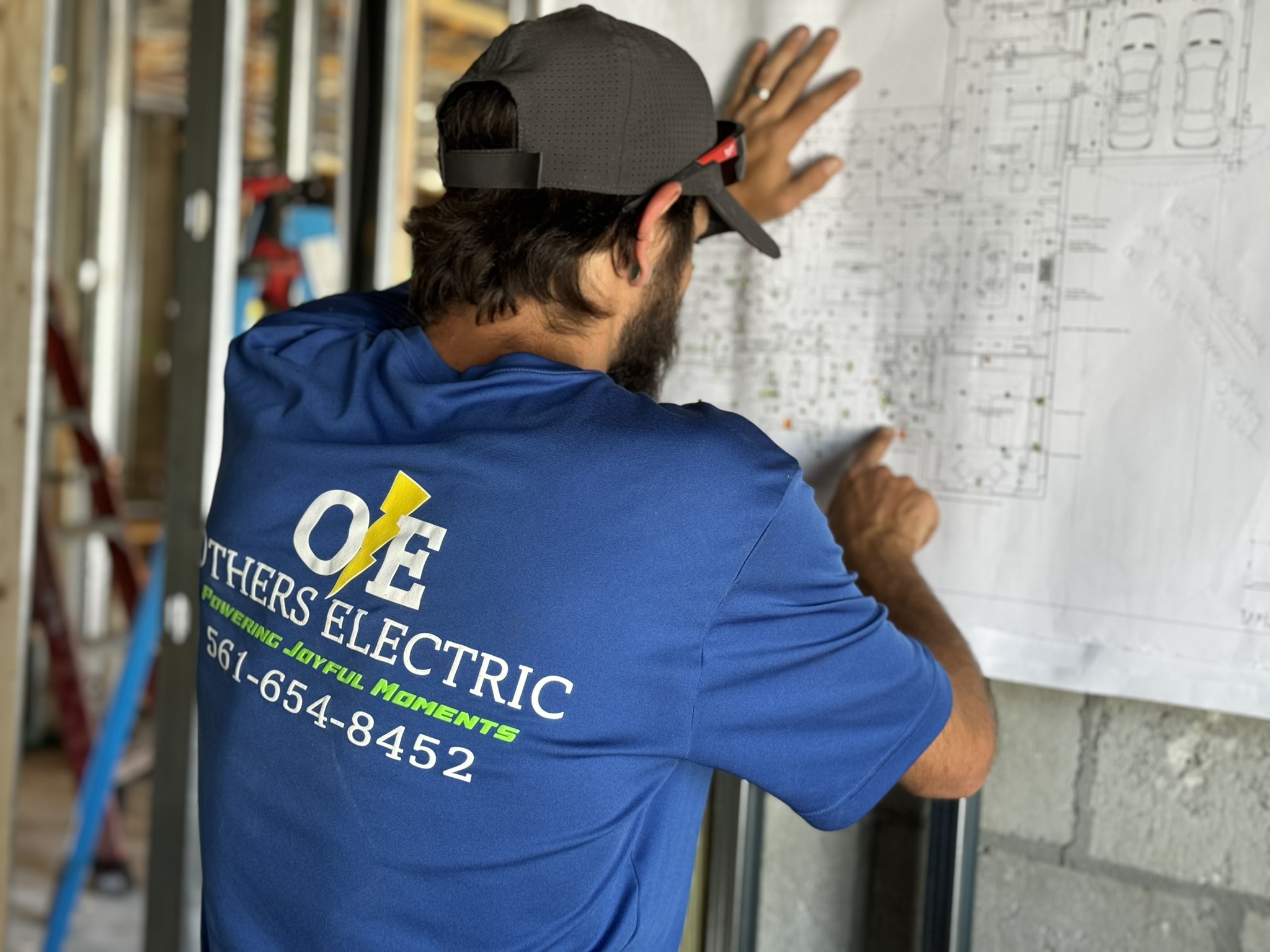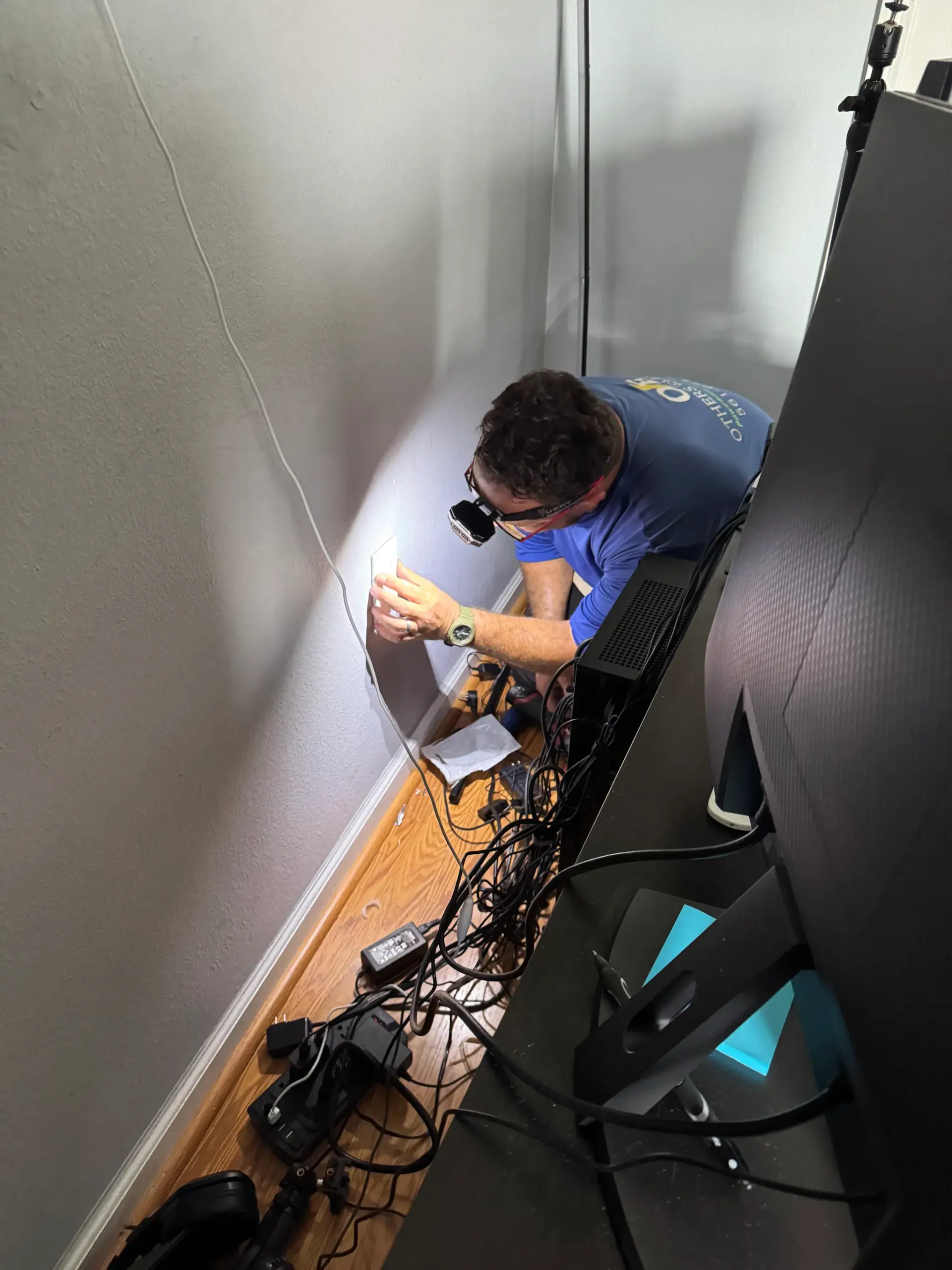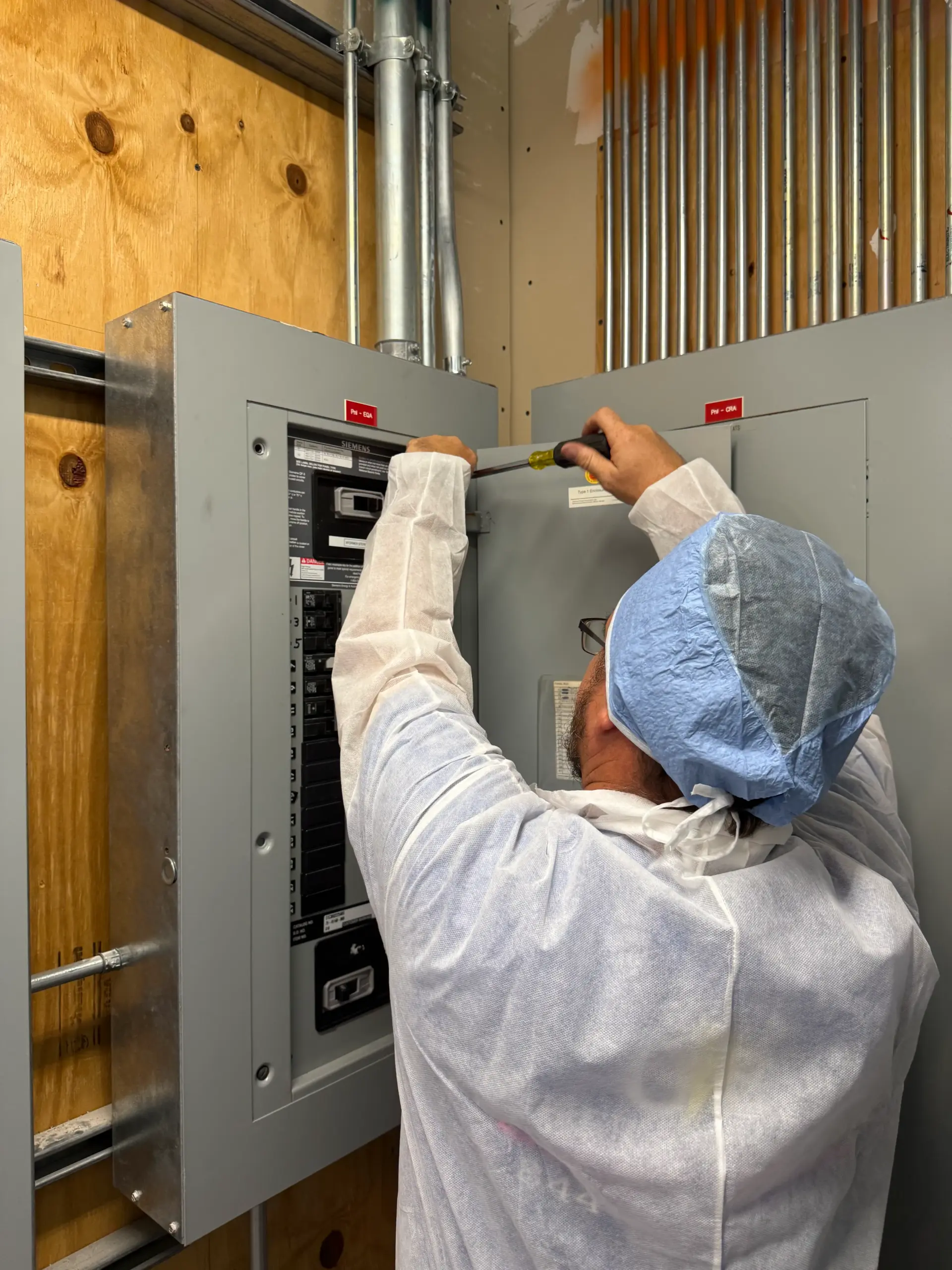Knowing which home appliances consume more electricity is one of the fastest ways to lower your monthly energy bill and understand how your home uses power. Many homeowners assume their lights or televisions use the most energy, but in reality, the largest consumers are often hidden in plain sight. Heating systems, cooling equipment, water heaters, and older appliances regularly draw more power than expected. By understanding where your electricity goes each month, you can make smarter decisions, reduce wasted energy, and improve your home’s overall efficiency.
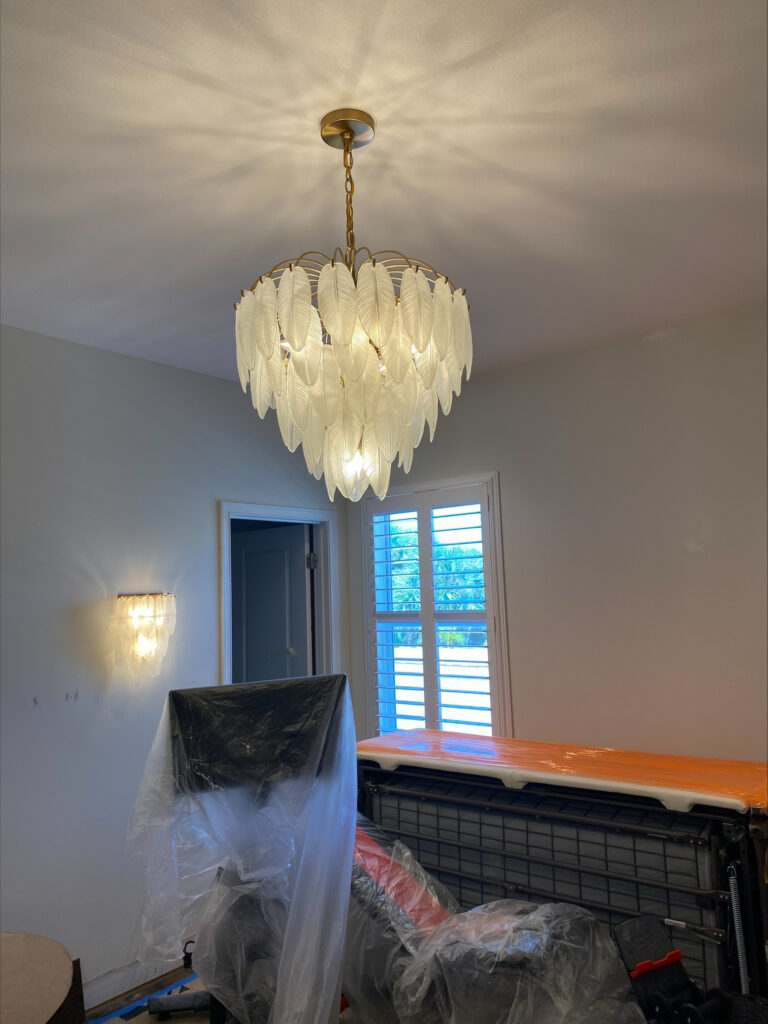
Why Some Appliances Use More Electricity Than Others
Certain appliances consume more electricity because they run longer, require more power to operate, or rely on motors and heating elements that demand high wattage. Systems that heat or cool your home often use significantly more energy because they must maintain temperature continuously. Appliances with compressors, such as refrigerators and freezers, cycle on and off throughout the day, adding to overall usage.
Efficiency also plays a role. Modern home appliances are designed to use less power, but older models consume far more electricity because they lack updated technology and insulation. The size of the appliance, how often it runs, and the energy habits of the household all influence which home appliances consume more electricity and why.
Central Heating and Cooling Systems
Heating and cooling systems are among the highest energy consumers in any home. Furnaces, heat pumps, and central air units all require substantial electricity to maintain comfortable temperatures. Central air conditioning, in particular, can draw thousands of watts when operating, especially during peak summer months.
Even with modern efficiency standards, HVAC systems run many hours per day. A poorly insulated home or one with leaking ductwork will force these systems to work even harder. If you want to know which home appliances consume more electricity, your HVAC equipment is almost always near the top of the list. Upgrading to energy efficient models or improving your home’s insulation can reduce this demand significantly.
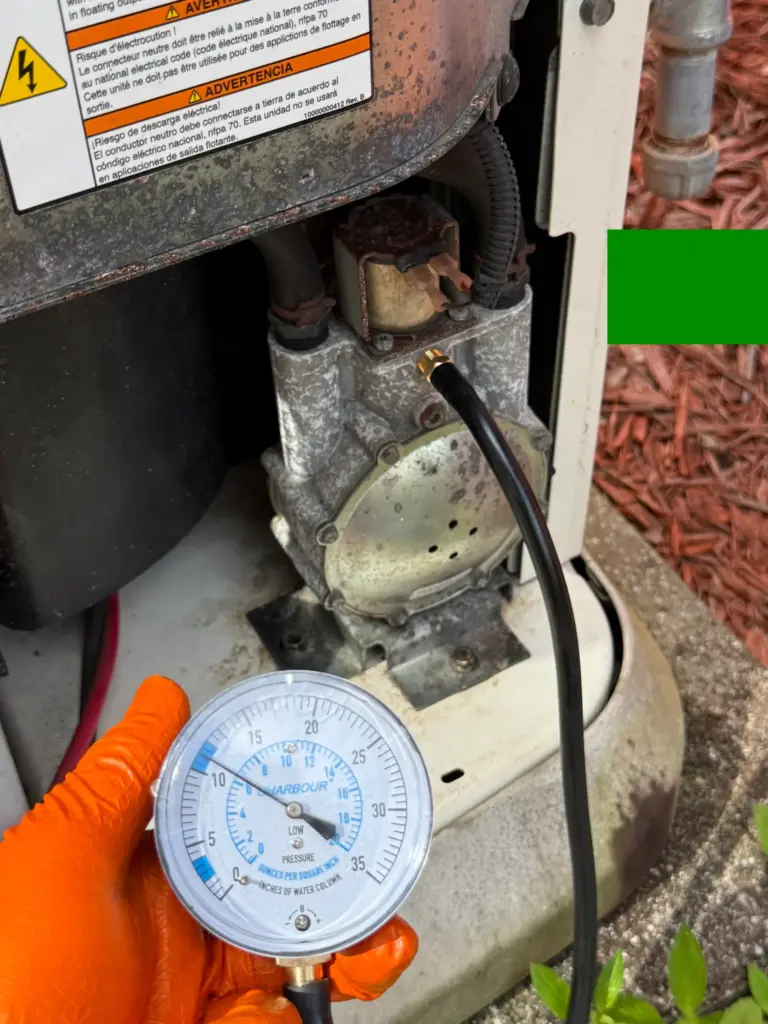
Water Heaters and Their Hidden Power Cost
Water heaters also play a major role in determining which home appliances consume more electricity. Electric water heaters must maintain a constant supply of hot water, which means they cycle on and off throughout the day. A standard water heater can use more energy than a refrigerator, oven, or laundry equipment combined.
Homes with large tanks or households with frequent hot water use consume even more electricity. High demand from showers, dishwashers, and washing machines makes water heating one of the most expensive parts of your energy bill. If your water heater is more than ten years old, it may operate with lower efficiency than newer, insulated models.
Refrigerators and Freezers
Refrigerators and freezers are often overlooked because they run quietly in the background, but they contribute heavily to overall usage. They operate twenty-four hours a day and rely on compressors that cycle frequently. Older models consume far more electricity than modern ENERGY STAR units because they lack updated insulation, efficient compressors, and smart cycling technology.
Since refrigerators cannot be turned off, they remain a steady and unavoidable energy draw. If you monitor which home appliances consume more electricity, your refrigerator will almost always appear near the top. Homes with additional freezers, garage refrigerators, or older secondary units can see even higher power usage without realizing it.
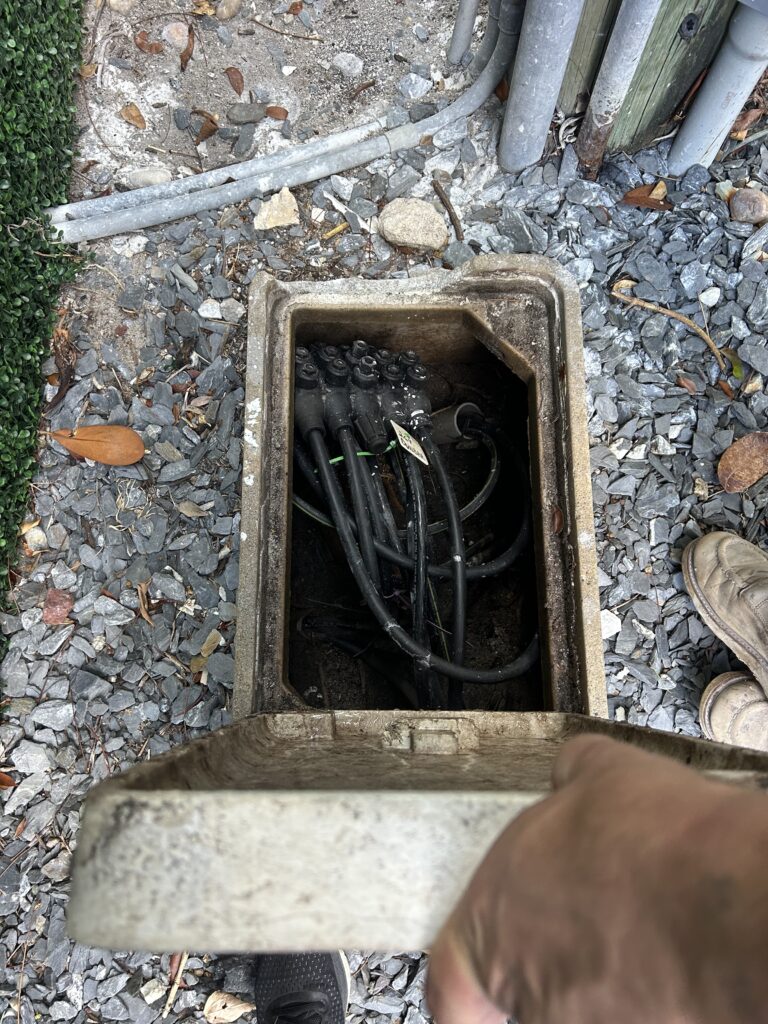
Laundry Appliances: Washers and Dryers
Dryers are among the most power-intensive appliances in a home. They generate heat and circulate air, which takes considerable wattage. Electric dryers typically use three to five times more electricity than washers because washing machines rely on water pressure and minimal motor use, while dryers must heat air and maintain that heat for long periods.
Dryers vary widely in efficiency. Older or overloaded units work harder and consume more power. If you want to understand which home appliances consume more electricity, monitor how often your dryer runs and how efficiently its vent system operates. A clogged vent forces the machine to run longer for the same results, adding to your bill.
Kitchen Appliances and Their Real Power Use
Kitchen appliances contribute differently depending on how frequently they are used. Ovens, microwaves, dishwashers, and stovetops all require electricity, but most run for short periods. The cumulative impact is lower compared to HVAC systems or water heaters. However, ovens and dishwashers use heating elements that draw high wattage while they operate.
Dishwashers also use heated water, which adds to the overall power consumption of your water heater. Microwaves use substantial wattage during operation but for short intervals. When analyzing which home appliances consume more electricity, you’ll find that ovens and dishwashers make the biggest impact of the kitchen group.
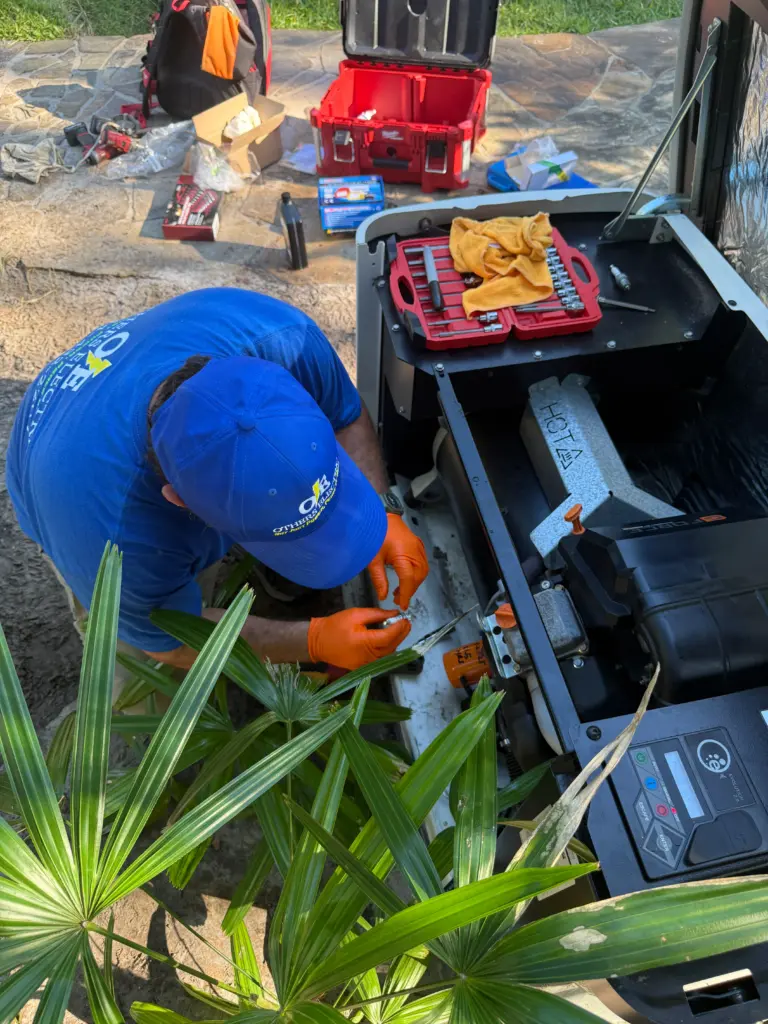
Electronics, Lighting, and Smaller Devices
Smaller home electronics rarely top the list of heavy energy users. Televisions, computers, gaming systems, and smart home hubs consume relatively little electricity compared to major appliances. Lighting also contributes modestly, especially when using LED bulbs.
However, leaving electronics in standby mode can add unnecessary energy use over time. While these devices do not dominate your energy bill, reducing idle power still helps lower overall consumption. Understanding which home appliances consume more electricity helps you distinguish between major and minor contributors and identify where efficiency upgrades matter most.
How Age and Efficiency Affect Electricity Consumption
The age of an appliance directly influences its electricity usage. Older models were built before modern efficiency standards and lack smart technology that reduces consumption. A refrigerator from the early 2000s may use twice the electricity of a modern ENERGY STAR model.
According to ENERGY STAR, upgrading older appliances can lower annual electricity costs by hundreds of dollars. Homes that replace inefficient appliances often see immediate reductions in monthly bills. When evaluating which home appliances consume more electricity, consider the age and condition of each device, along with how often it runs.

Seasonal Variations in Energy Usage
Your electricity consumption shifts throughout the year. Summer months increase cooling demands, while winter increases heating loads. Water heaters may work harder in colder seasons, and refrigerators need more power in hot weather to maintain temperature.
Laundry usage, kitchen activity, and even lighting needs can change depending on weather and lifestyle habits. These fluctuations affect which home appliances consume more electricity at different times of the year. Understanding seasonal patterns allows you to predict higher bills and prepare accordingly.
Reducing Your Home’s Energy Consumption
Improving your home’s efficiency starts with identifying your largest energy consumers. Once you know which home appliances consume more electricity, you can make targeted upgrades that produce meaningful savings. Replacing old appliances with efficient models, sealing your home to reduce heating and cooling demands, and maintaining your HVAC system all help reduce energy use.
Small habits also make an impact. Shorter laundry cycles, lower water heater temperatures, and consistent HVAC maintenance can lower demand without reducing comfort. Even simple actions like cleaning refrigerator coils or insulating hot water pipes contribute to lower monthly usage.
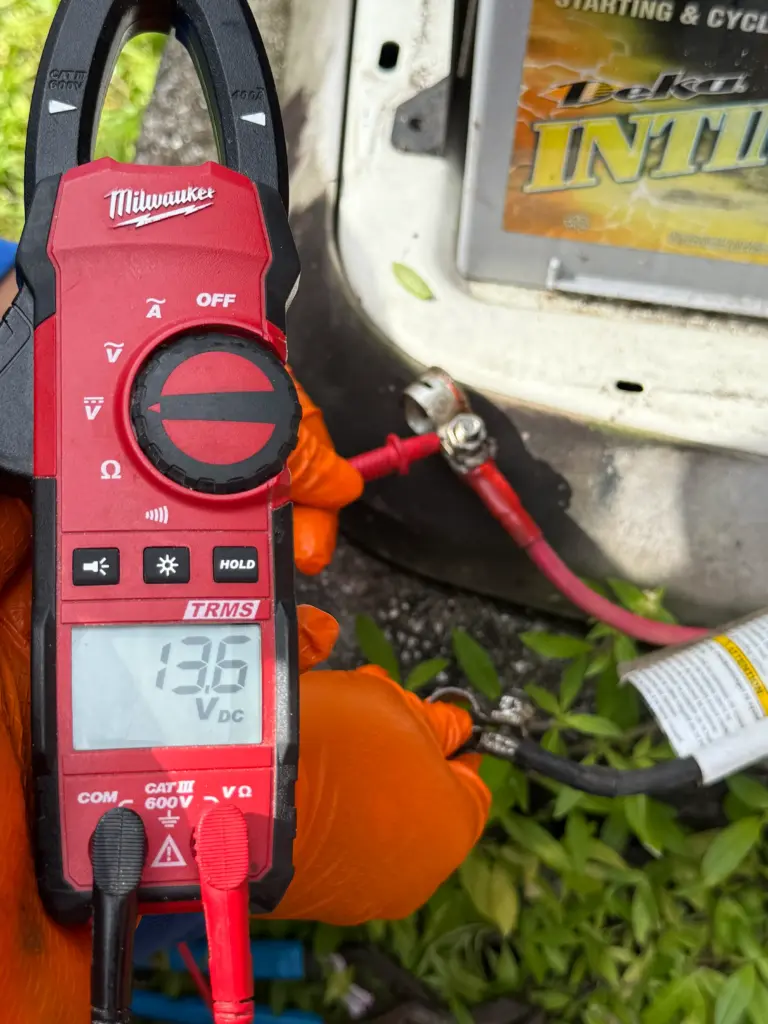
When to Consider Professional Electrical Advice
If your electricity bills are unusually high or you want a detailed assessment of which home appliances consume more electricity, a professional evaluation can provide clear answers. Electricians can measure the power draw of individual appliances and identify hidden issues such as faulty wiring, inefficient motors, or outdated equipment.
For homeowners who want expert help improving efficiency, Others Electric offers electrical inspections, appliance circuit evaluations, and recommendations for reducing wasted energy. Their team helps you understand how your home uses power and what steps you can take to lower consumption safely.
Take Control of Your Home’s Energy Use
Understanding which home appliances consume more electricity gives you the knowledge to manage your energy costs and improve your home’s efficiency. Heating, cooling, water heating, and older appliances are often the biggest consumers, while modern systems and updated devices help lower long-term usage. By acknowledging how your household uses power and making smart upgrades, you can create a more efficient, comfortable living environment.
For more tips on saving electricity or to schedule a professional evaluation, visit Others Electric and speak with a licensed expert who can guide you toward smarter energy solutions.
